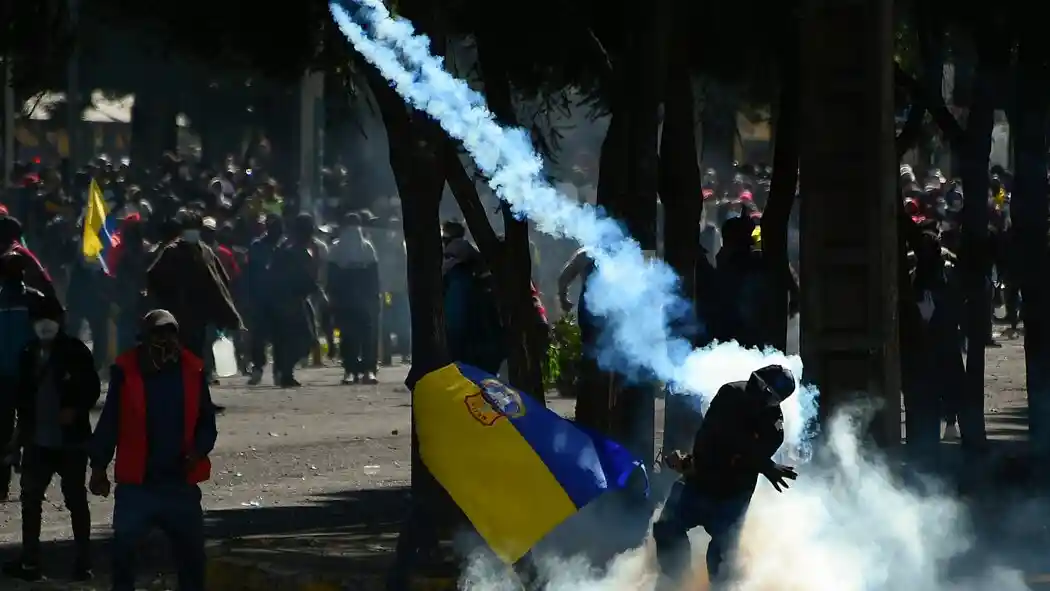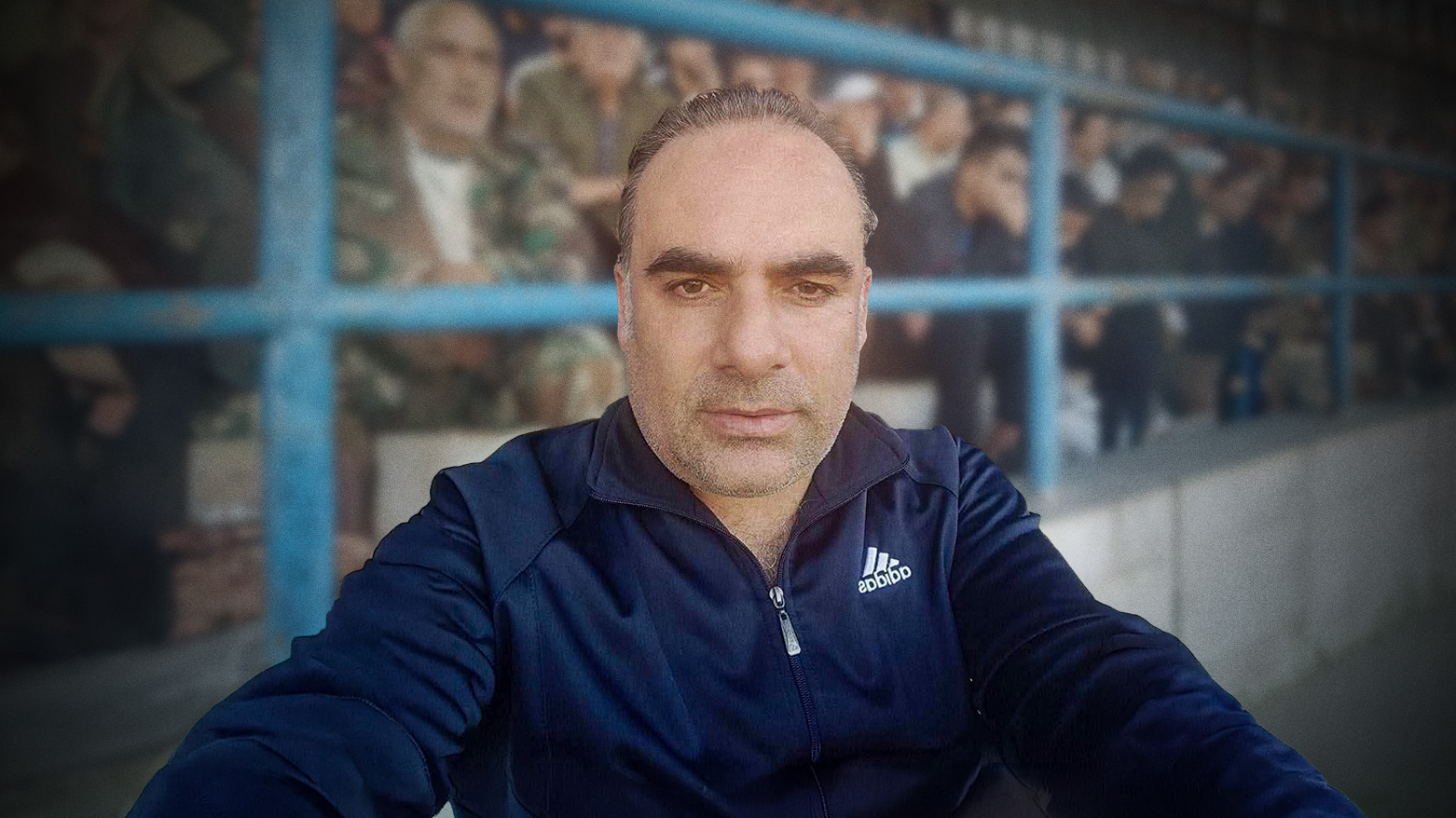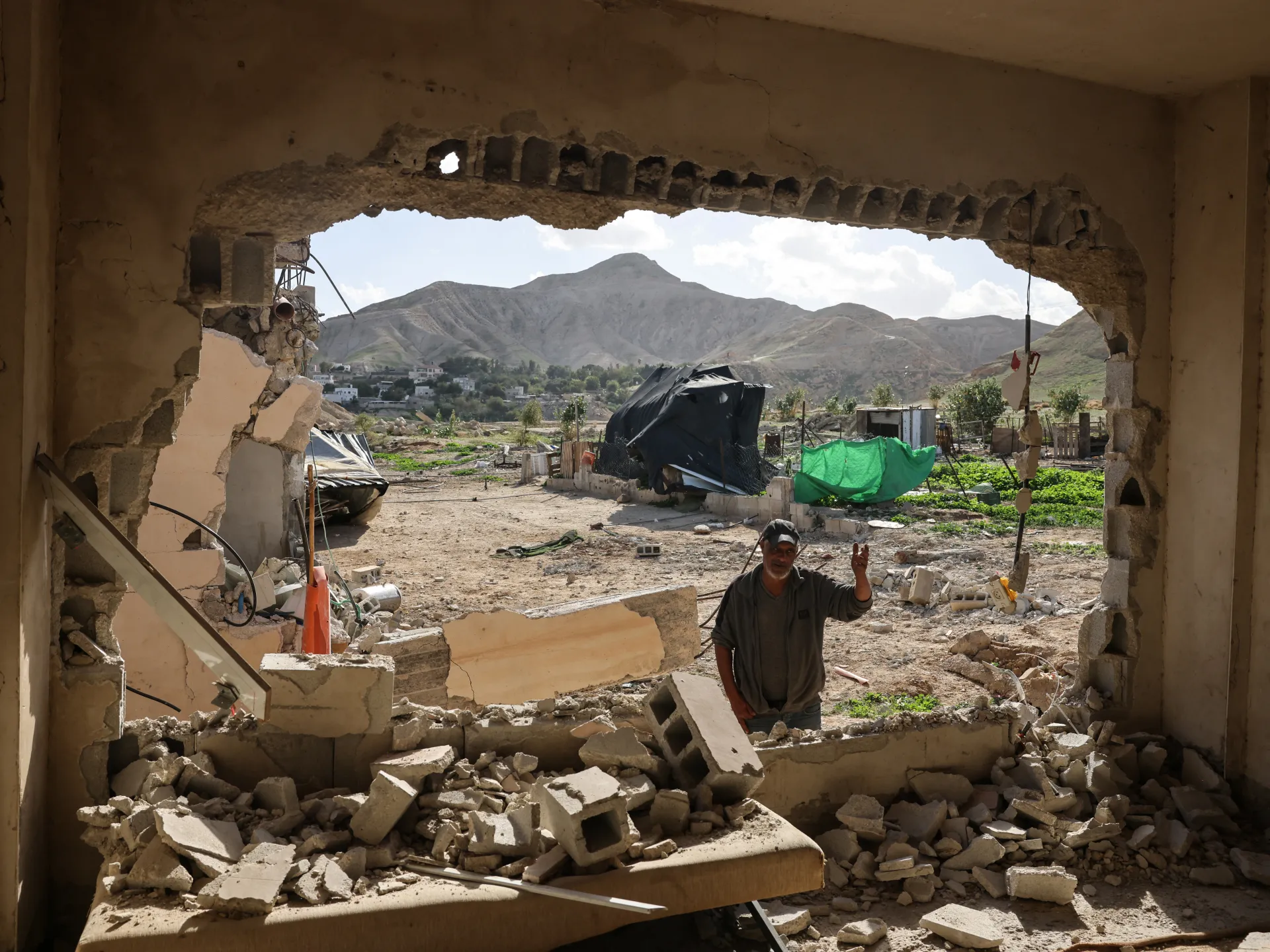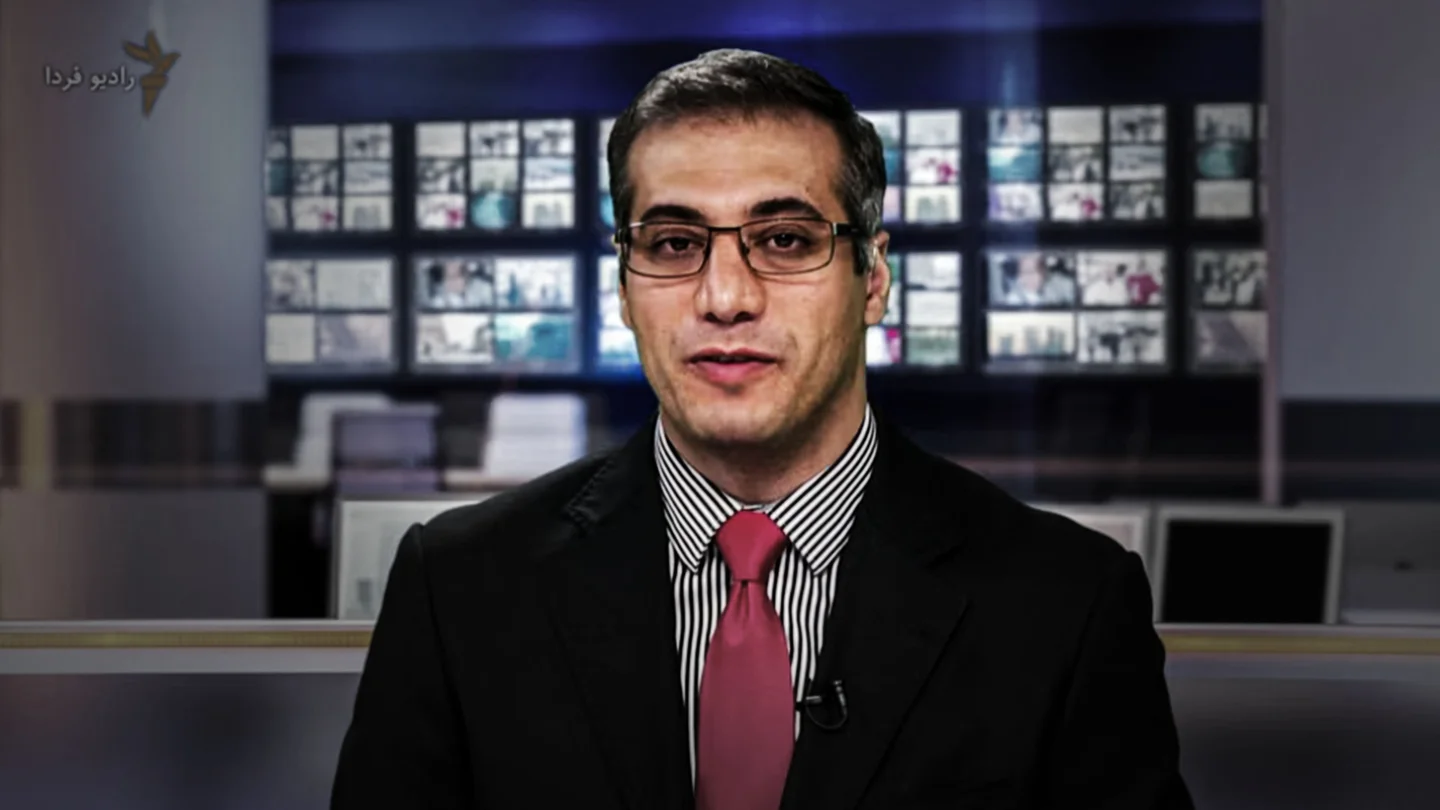
August Marks One of Ecuador’s Deadliest Months for Journalists, Rights Group Reports
September 3, 2025
Imprisoned for Telling the Truth: Reza Valizadeh’s Ordeal Spotlighted by His Brother
September 3, 2025September 03, 2025 – USA/Lebanon –
A Michigan-based businessman has filed a lawsuit against U.S. special envoy to Lebanon, Thomas Barrack, over remarks he made labeling Lebanese journalists as “animals.” The lawsuit, brought by American-Lebanese entrepreneur Dr. Benjamin Balout, objects not only to the insult but also to the broader implications it has for press freedom and diplomatic credibility. ([turn0search0])
Balout, who heads the trade firm Diplomatic Trade, alleges that Barrack’s conduct amounts to defamation and echoes colonial-era arrogance that undermines the United States’ role as a mediator in the region. He argues that such language unfairly casts Lebanese media as uncivilized and damages the dignity of their people. Instead of fostering dialogue, the remarks risk harming Washington’s credibility, Balout contends. ([turn0search0])
Barrack’s controversial comment came during a press conference in Beirut intended to promote U.S. efforts at Hezbollah’s disarmament. Frustrated by disruptions, Barrack reportedly told reporters: “Be quiet—act civilized. The moment this turns chaotic, animalistic—I’m leaving,” before warning them to “act kind” to avoid more serious consequences. ([turn0search0])
The fallout was swift. The Lebanese president issued a statement expressing regret over the comment. The journalists’ union threatened to boycott his briefings. Hezbollah-affiliated media seized the opportunity for criticism, emblazoning Barrack’s image under the headline “The Arrogant Yankee.” ([turn0search0])
Balout is not seeking monetary damages but is demanding a public apology and recognition that Lebanese voices matter equally in discourse. He has appealed to multiple entities—including the UN Human Rights Council, the U.S. State Department’s Office of Inspector General, and congressional oversight committees—to address the incident as a serious breach of diplomatic professionalism and respect. ([turn0search0])
The lawsuit invokes diplomatic legal principles such as the Vienna Convention and the U.S. Foreign Service Act, which mandate respect and high ethical standards from envoys. Balout emphasizes that peace-building requires respect for people—not disparagement—and calls for accountability that transcends financial reparations. ([turn0search0])
In a delicate regional context, where trust remains fragile, the case underscores how words alone can have powerful ripple effects—especially when coming from senior diplomatic figures. Let me know if you’d like further breakdowns of the legal implications or diplomatic responses.
Reference –




